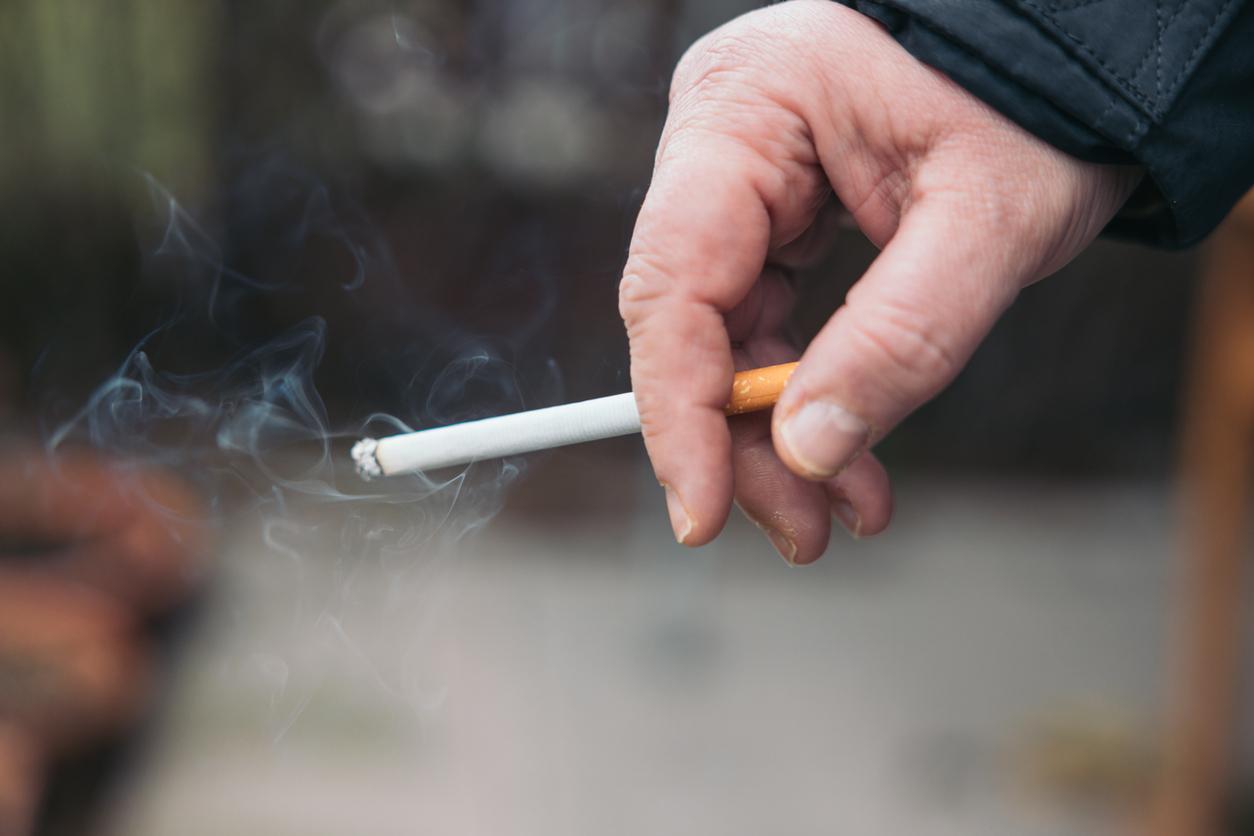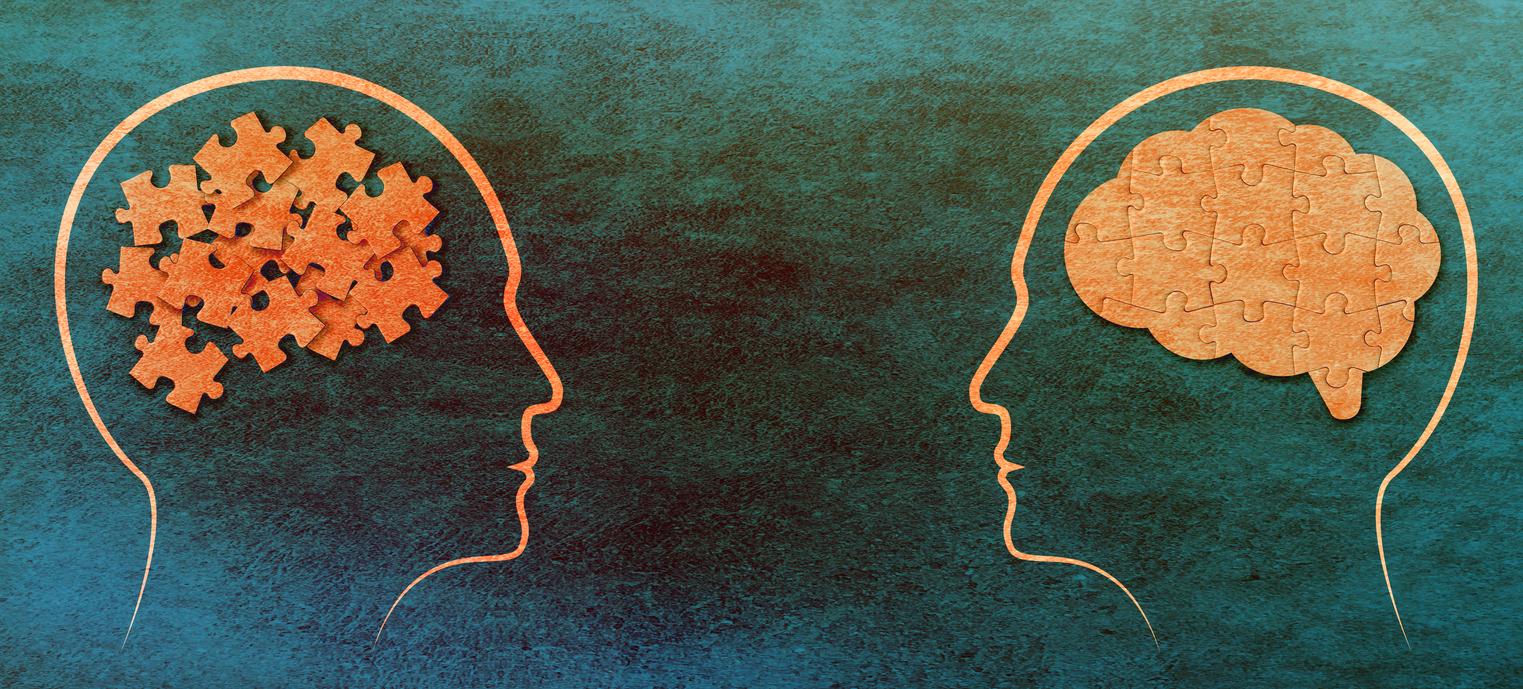Cutting back on food intake to lose weight is a common practice among athletes, but it is not without consequences for their performance and health, according to a study.

- Reducing food intake to lose weight before competition is a common phenomenon among athletes, but it can have detrimental effects on energy availability and ultimately affect their performance and health.
- Insufficient energy intake is also “associated with increased systemic stress,” which can negatively impact immune defenses and put athletes at risk for disease.
- Even after receiving a three-day “refeeding” period, their performance was just as degraded as before, suggesting that the negative effects cannot be reversed by rapidly replenishing energy stores.
As sporting competitions approach, such as the upcoming Paris Olympics, many athletes are looking to reach the “right” weight to improve their performance or qualify for a certain category. “Reducing food intake to lose weight before competition is a common phenomenon, particularly in endurance sports such as running, swimming, cycling and rowing.”
Except that, according to a new study published in the journal Redox Biologysuch eating behavior can have detrimental effects on energy availability and ultimately harm both the performance and health of athletes.
Reducing food intake may affect athletic performance
“This is particularly problematic among female athletes, explain researchers from the University of Copenhagen, Denmark, in a communicated. We know that not eating enough is associated with many health problems, such as menstrual problems, bone problems and changes in metabolism.”
To better measure the effects, the team of scientists recruited twelve female triathletes with a normal energy intake. At the beginning of the trial, the participants received sufficient calories for 14 days, after which their performance was tested. Then, for another 14 days, they consumed only 50% of their energy needs, while sticking to their classic training program. During these two weeks of restriction, the athletes lost an average of 4% of their body weight, of which about half was muscle mass.
As presumed, this weight loss nevertheless had an impact on their sporting prowess: “The two weeks of low calorie intake reduced their performance by 7.7% in a 20-minute time trial on a bike, which is quite significant. And in a more intense short-term test, their performance dropped by up to 18%.” There is therefore no doubt, according to the researchers, that “This practice is detrimental to performance as an athlete, even over short periods of time.”
Insufficient energy intake harms immune defenses
That’s not all: when examining the effects on athletes’ immune function, scientists found that insufficient energy intake was also “associated with increased systemic stress.” The athletes actually experienced a sharp increase in the stress hormone cortisol and significantly increased stress levels in immune cells. In other words, “Not eating enough can potentially contribute to athletes being more susceptible to disease”warn the researchers.
Following the tests, the athletes were given a three-day “refeeding” period, during which they were required to eat a lot. “We expected this to restore or even improve their performance, but there was absolutely no effect. Their performance was just as degraded as before the refeeding. This suggests that the negative effects cannot be reversed by rapidly replenishing energy stores, which is a strategy used by many athletes…”

















